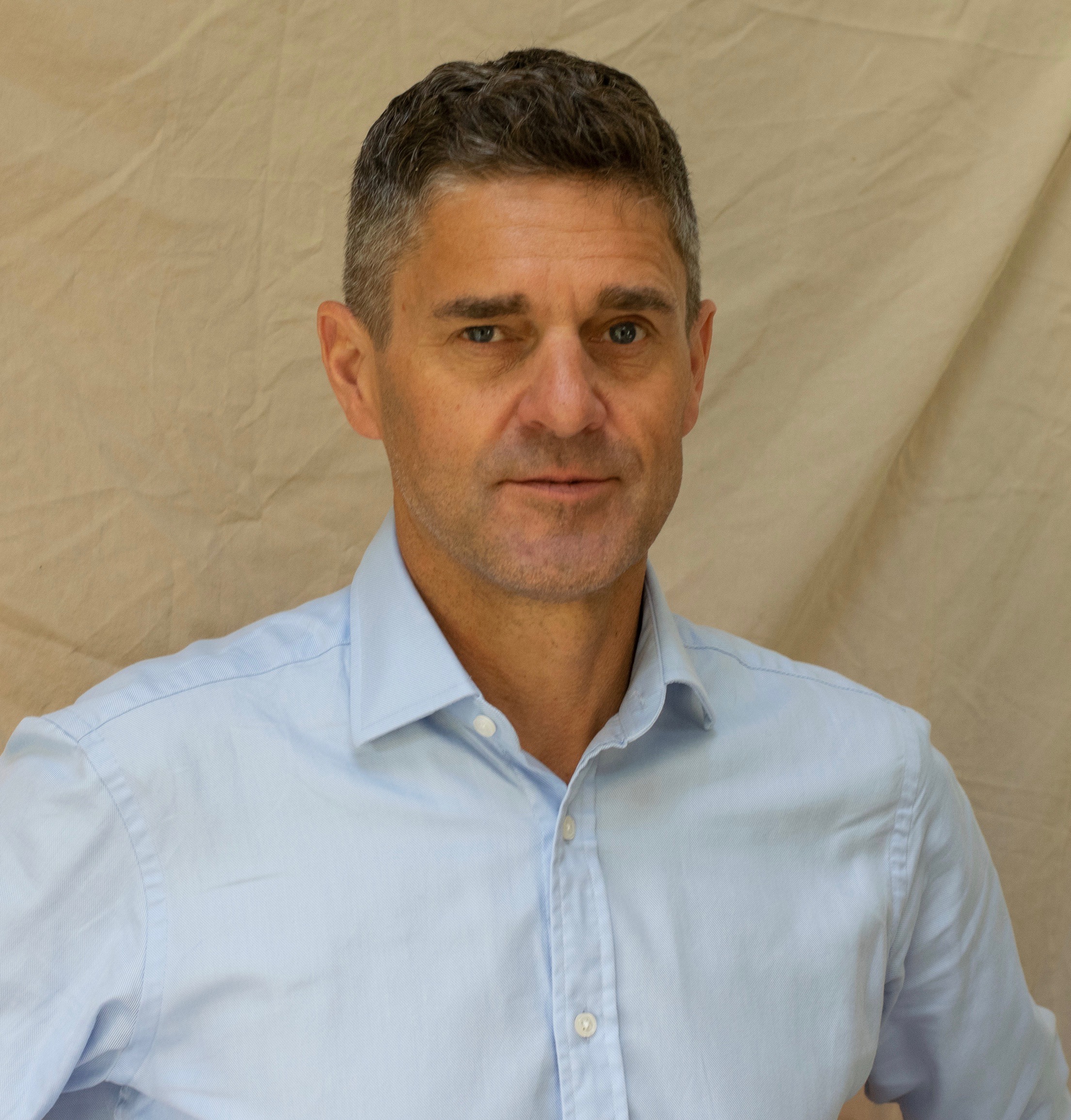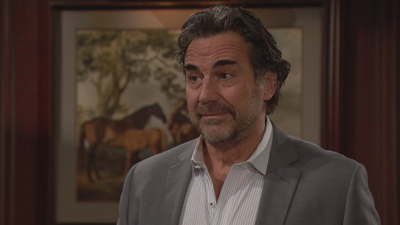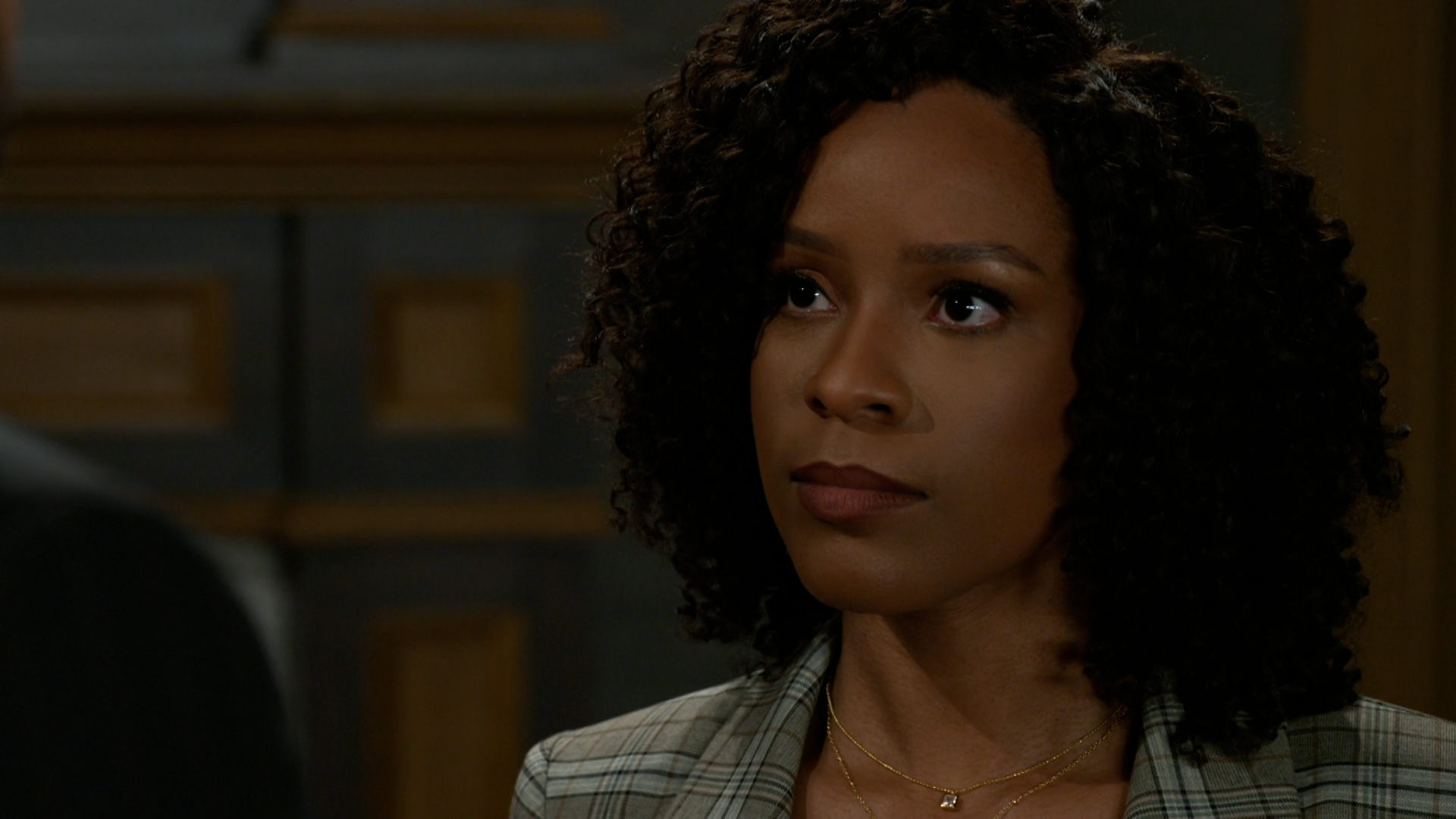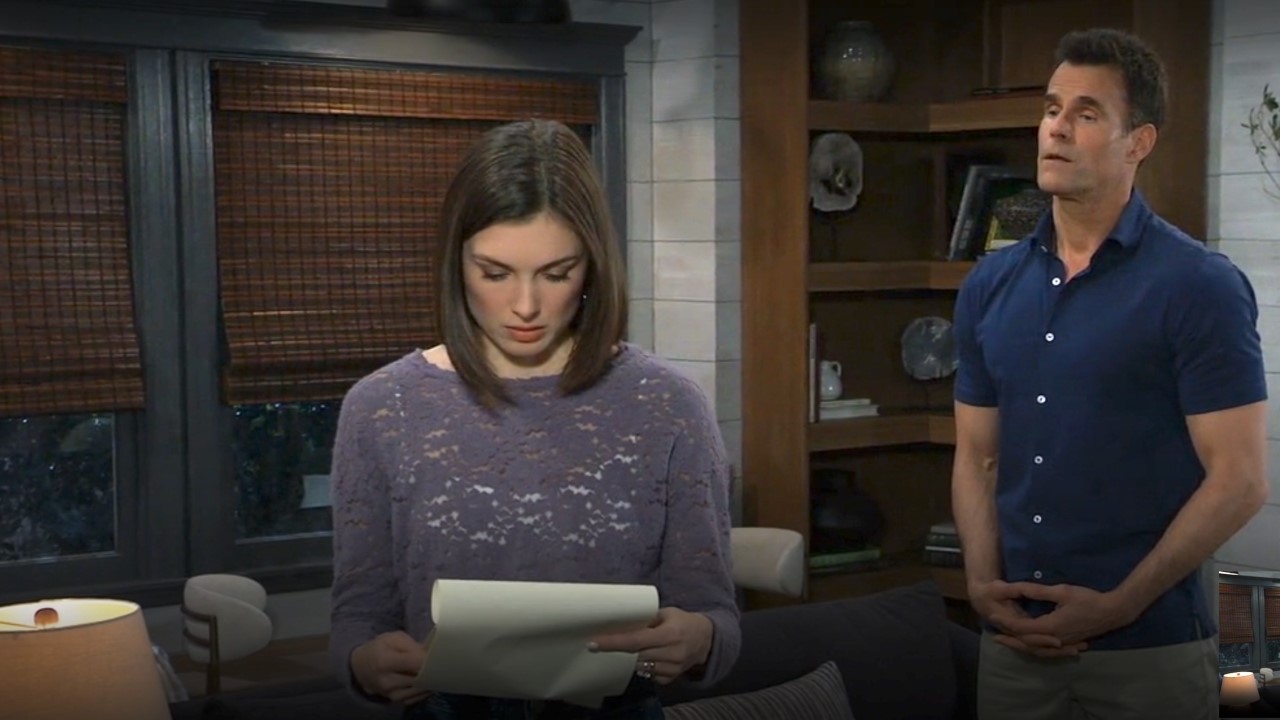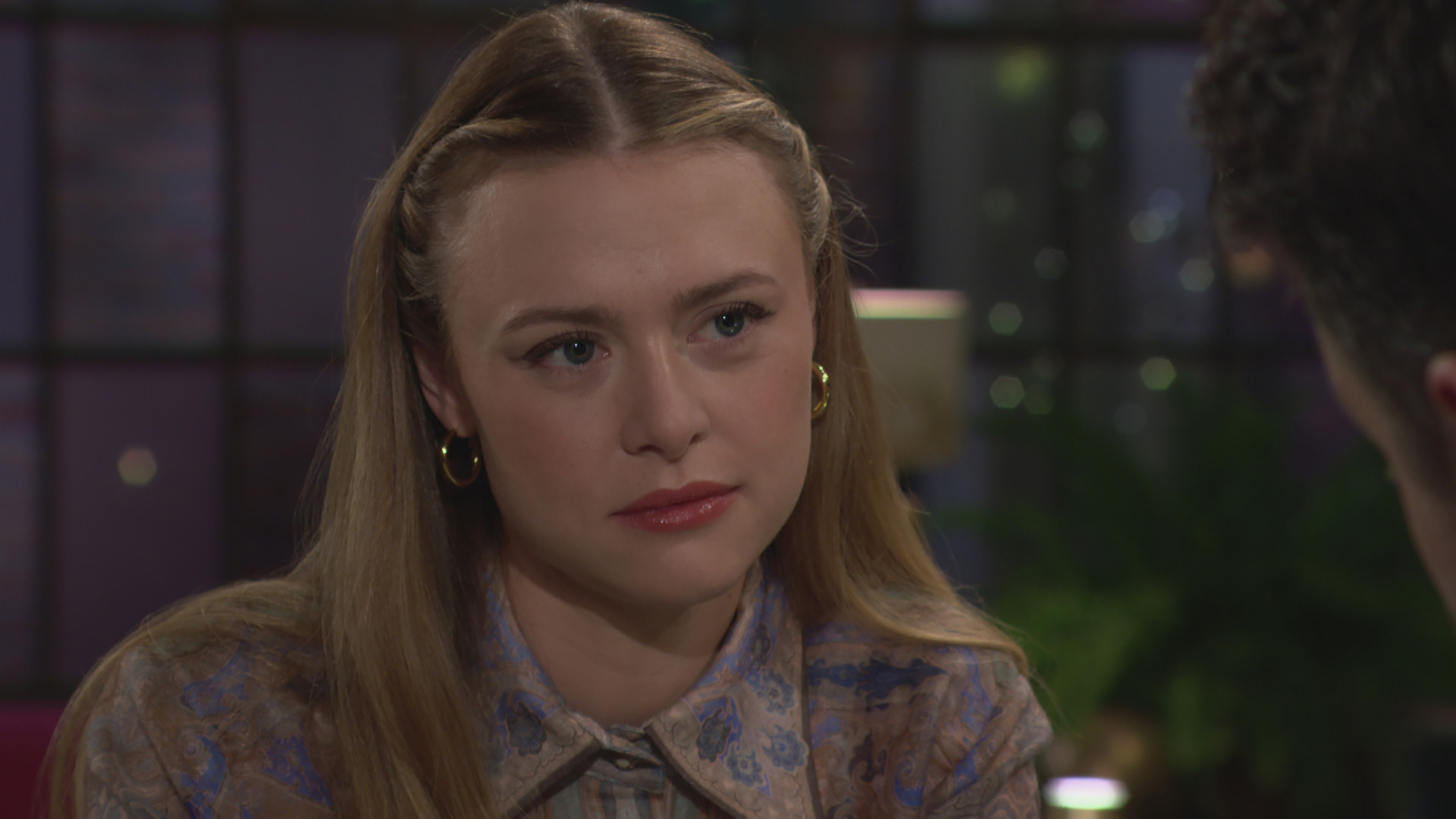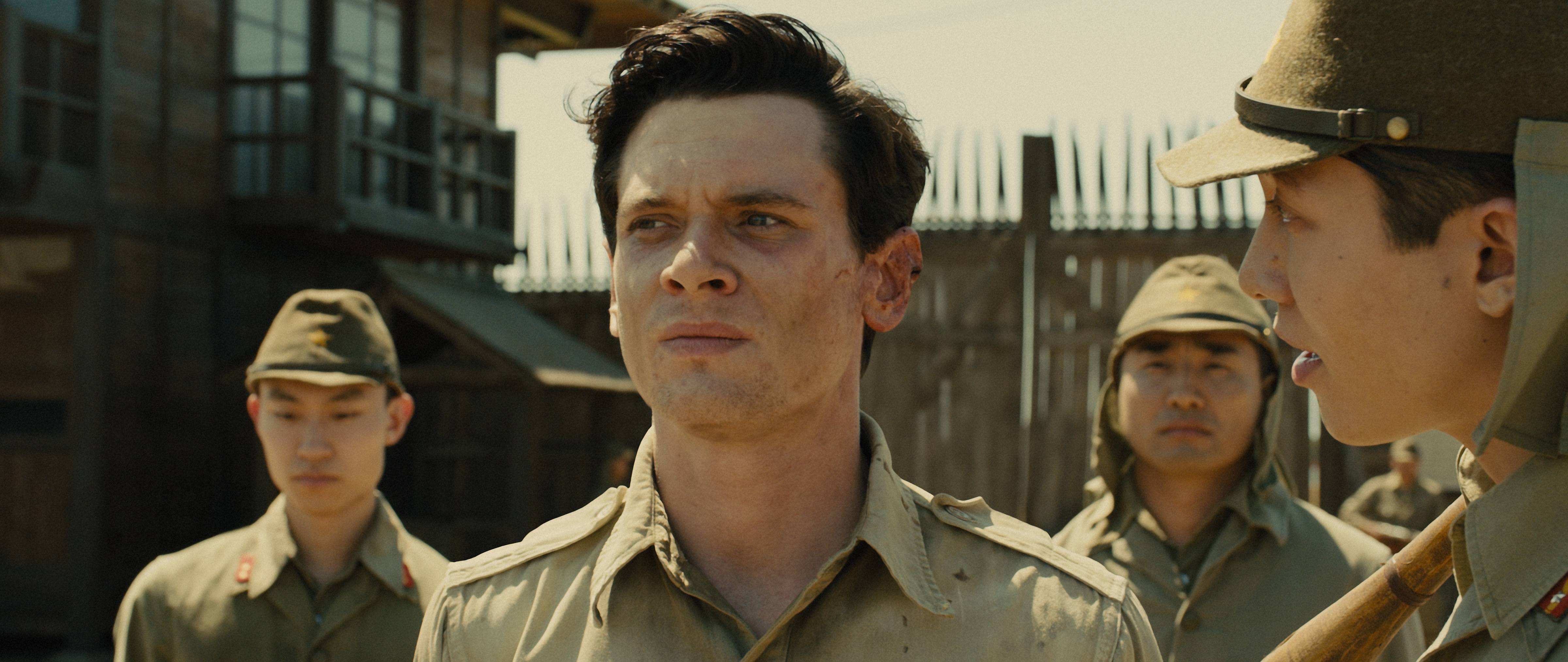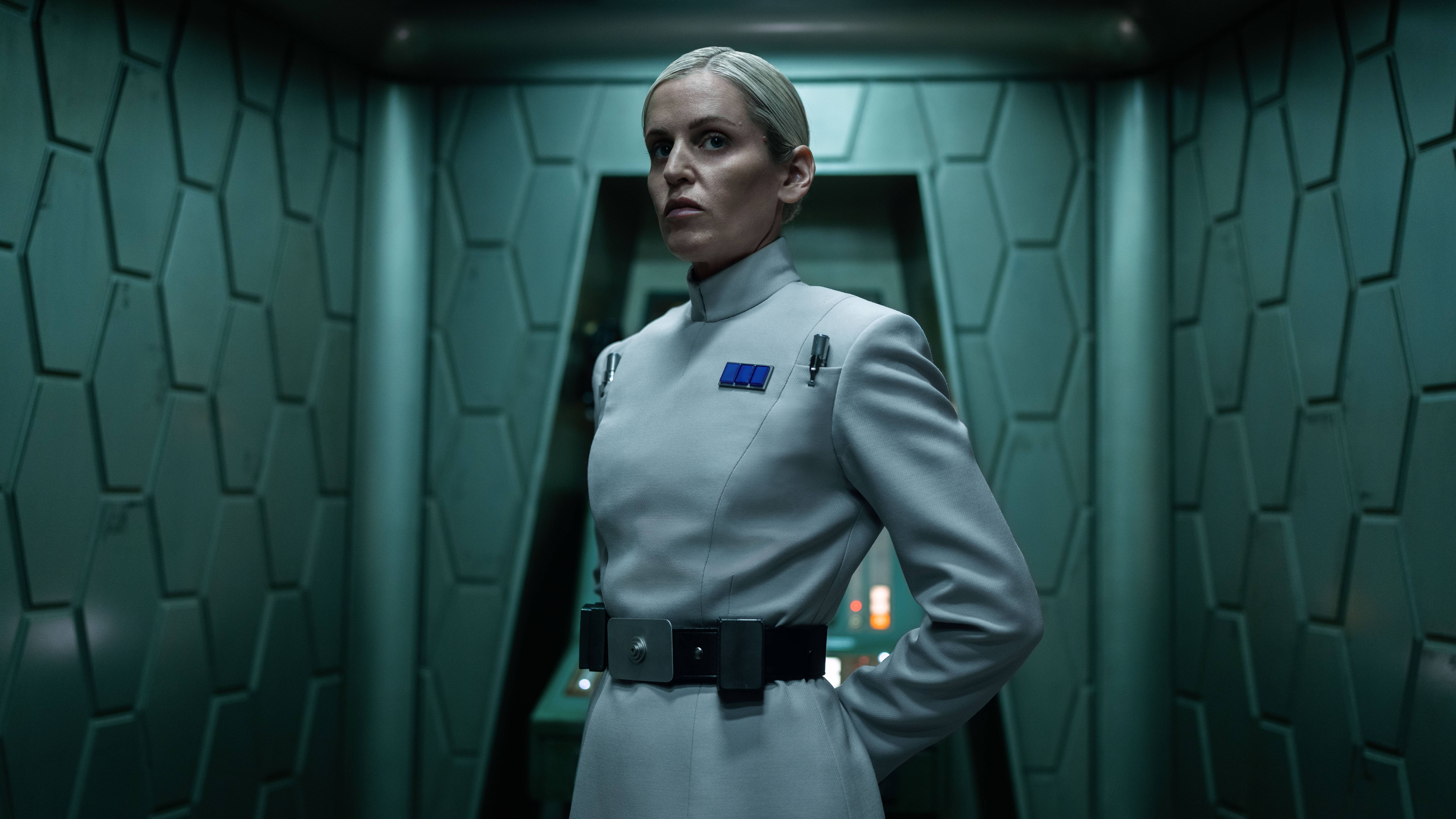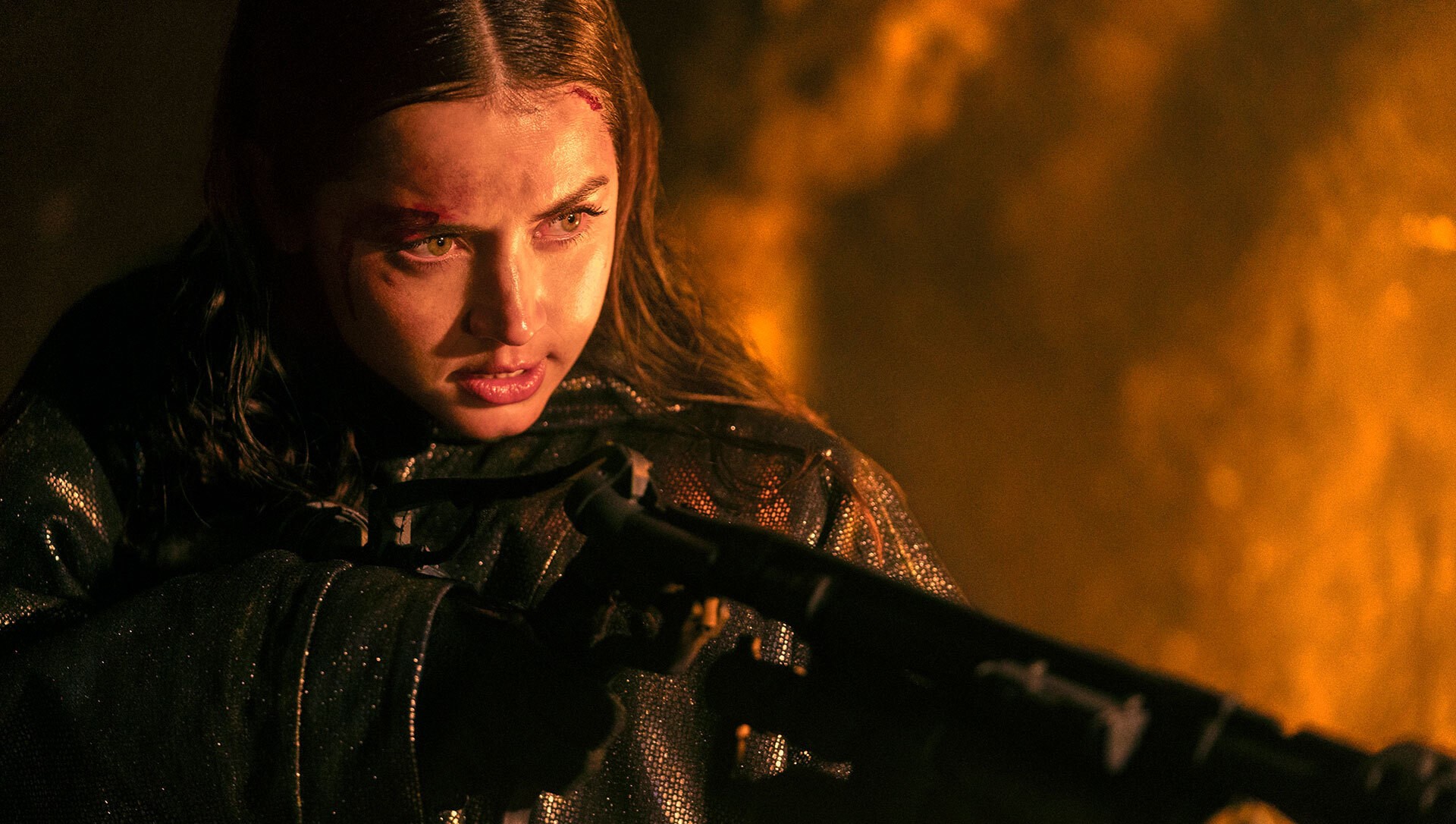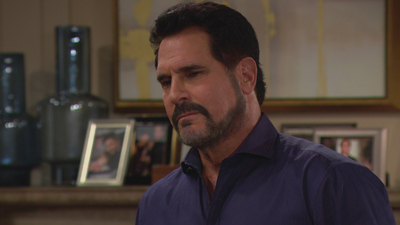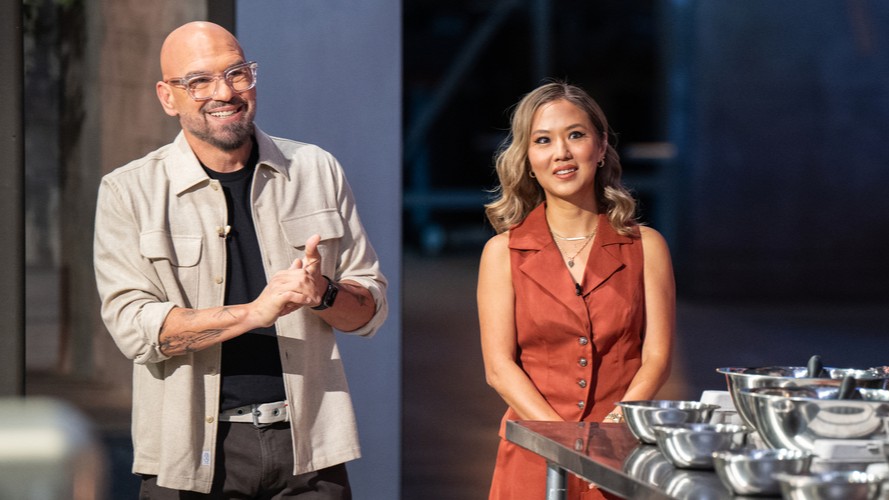A quick chat with Dominic West
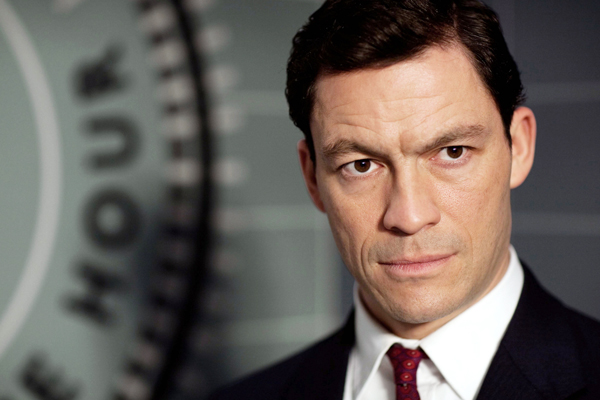
Star of US cult hit The Wire, Dominic West talk about his new BBC 1950s-set newsroom thriller The Hour, which premieres on BBC2 on Tuesday, July 19... Tell us about your character in The Hour? “I play Hector Madden who is the frontman who presents this news show The Hour. He used to present a sports show and that is his interest, but he becomes involved in this show, which is a lot more highbrow and progressive compared to what he has done before. He becomes a good frontman and very adept at it, but he is still the face rather than the brains of the show.” As a frontman, Hector is a bit of a poster-boy for The Hour. What did you make of that? “It was amazing looking all debonair, but my wife will be rolling in the aisles! It was deeply shocking walking on set and seeing an enormous picture of me, but fortunately it looks a lot better on screen. I’ve thought about sticking it up at the end of the garden and lighting a few candles.” How does Hector feel about what is happening to TV news? “He embraces it, but he is absolutely of the establishment and all the bad and very great things that that stood for. He is trying to make sense of the modern world where codes of conduct were changing and also trying to keep up with the kids because he is very ambitious as well. He is straddling the old and the modern eras and he does that quite successfully by being venal.” Did you talk to anyone about the changes that went on? “Yes, an actor who plays a friend of Nasser in the show used to run the Arabic service of the BBC World Service in the 1950s and he was very interesting. He spoke about how the old guard gradually retired or died off and then the new guard came in and how much that was a change and how difficult he found that. People had come out of the war and feelings of deference towards the establishment, including the BBC, were changing. It really was a period of transition.” What other research did you do? “Well, I watched quite a few news programmes from the time. It was amazing the fascination with the aristocracy and what debutantes were doing back then. It is exactly the same as with celebrities now, but it was purely class-based. In a way, The Hour is more like Panorama, which was the first news programme to not talk about whether the Duke of Edinburgh had fallen off his horse and actually that we had invaded Egypt.” Did you do any research into the Suez Crisis, which provides the backdrop to the series? “Yes, because it is so much a part of the work the team on The Hour is doing; it was the main current affairs event then. It amazed me how deferential the news and the BBC had to be by law. They weren’t allowed to discuss on television for 14 days anything that was discussed in parliament even though it could be discussed in the newspapers. It’s incredible that it was not long ago that was such censorship – if the government didn’t like what they were doing they took their money away. The other thing was how ready they were to go to war even though they had just come out of fighting for their lives.” Did you enjoy seeing all the old cameras? “Yes, they are so beautiful and what I find interesting is that I could look around at the machines and vaguely know how they worked. Most of the electronic stuff I use now I have no idea how it works, so that was quite satisfying. I did one broadcast with a chart showing the Suez bombings and it was so primitive I could understand it because it was just magnets moving around and it was fascinating and tactile.” Were there any less appealing sides? “The flat owned by Bel, the producer on the show played by Romola Garai, was horrendous with green, yellow and brown walls. Her bed was just appalling, too, this pink satin frilly thing which would make my four-year-old daughter think was over the top.” Did you have to eat the type of food they had in the 1950s? “Yes, we did a scene in the canteen and the period detail really hit me, because the art department had authentic pictures of dishes of the day like spam and jelly and we ate this hideous stuff like pink fish paste, so you realise that the 1950s weren’t that great after all. I don’t think you get that in Mad Men, which is a bit later and I suppose it wasn’t that awful in America. Did you have to smoke fake cigarettes? “I’m not sure you’re allowed real cigarettes on TV any more. They were horrible. We were constantly puffing on them. I developed a lung complaint which in 20 or so years time will be interesting.”
Get the What to Watch Newsletter
The latest updates, reviews and unmissable series to watch and more!
Patrick McLennan is a London-based journalist and documentary maker who has worked as a writer, sub-editor, digital editor and TV producer in the UK and New Zealand. His CV includes spells as a news producer at the BBC and TVNZ, as well as web editor for Time Inc UK. He has produced TV news and entertainment features on personalities as diverse as Nick Cave, Tom Hardy, Clive James, Jodie Marsh and Kevin Bacon and he co-produced and directed The Ponds, which has screened in UK cinemas, BBC Four and is currently available on Netflix.
An entertainment writer with a diverse taste in TV and film, he lists Seinfeld, The Sopranos, The Chase, The Thick of It and Detectorists among his favourite shows, but steers well clear of most sci-fi.
